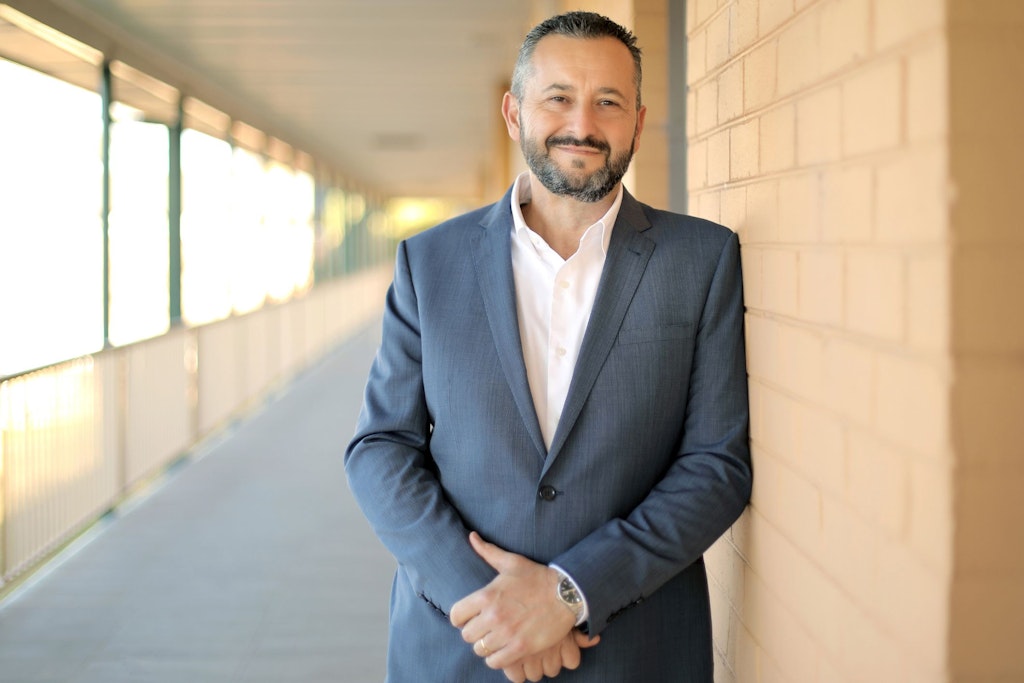Opinion: Time to shift the conversation
Last updated on 21 March 2024

Written by Chris Mamarelis, CEO of Whiddon
For too long, we have been advocating for a sustainable funding model for older Australians. With the impending release of the recommendations from the Aged Care Taskforce, it is time for the narrative to shift.
I have been part of this conversation for over seventeen years, argued the case as an expert witness at the Royal Commission, and advocated for regional funding directly to Canberra. I do this, as I am passionate about improving and innovating the way we care for our elders, and I’ve seen how quality aged care can change a person’s life. It is now time to get the funding model right, so the focus can shift to delivering the world-class model of aged care that Australians deserve.
While I am confident that the Taskforce members will deliver a suite of solid recommendations to add to those delivered by the Royal Commission, we need a brave Government to finally step up and bring them to life. And rather than espouse the benefits of a sustainable sector to the economy and Government alike, I am actually excited about finally shifting the focus to the people we are really here to serve.
A boxer cannot reach their full potential with one arm tied behind their back, yet as a sector, this is how we have been expected to operate. Underfunded for half a decade, with an ever-growing compliance burden, has resulted in two-thirds of the sector becoming financially unsustainable.
Just one example is the recent findings of an independent cost study commissioned by IHACPA, indicating the sector is being under-subsidised by more than $100 per resident per day. Let us not miss this opportunity to break this cycle, and allow the industry to deliver on its potential, and the objectives of the Royal Commission.
Appropriate funding is about ensuring providers can operate on firm foundations, invest their resources in high quality innovative care in long-term and having financially viable homes for our communities.
Today, one in six Australians are aged 65 and over. By 2025, users of aged care services are forecast to treble. A huge proportion of our population will either thrive or struggle based on the decisions we make in the coming months.
While increasing our capacity to provide home care and retirement living services is undoubtedly needed, specialist residential aged care is not going away. There are more than 800 providers and over 2,600 residential aged care services, caring for close to 200,000 people in Australia. Residential aged care will continue to have a vital role to play in the future of aged care.
The reality is the sector has already directed valuable resources, energy, and effort towards business optimisation strategies. Even the Commonwealth directed tens of millions at the ‘Business Improvement Fund’ to support the struggling sector. Personally, I can think of the countless meetings and planning sessions I have been involved with on this topic over the past decade. It is incumbent on us to finally get this right.
The Taskforce recommendations also present a wonderful opportunity to recognise our regional communities. With the post COVID migration heading away from urban centres, now is the time to adequately fund and support regional aged care. Data indicates that many of these communities will grow, and sustainable, local aged care is essential for these regional centres.
It is an opportunity to invest, evolve and innovate our regional homes to ensure equity with their urban counterparts. The current funding model groups homes in Moree with those in Mosman – this has to change.
Confronted with Stage 3 tax cuts, cost of living challenges, and instability abroad, the public and, possibly the Government, may lose sight of the significance of this moment. We all have mums, dads, aunts, uncles, and grandparents who will rely on these precious care services and the benefits that a renewed focus on quality care will bring. I am hoping – for all of these loved ones in our lives – that the moment is finally here.